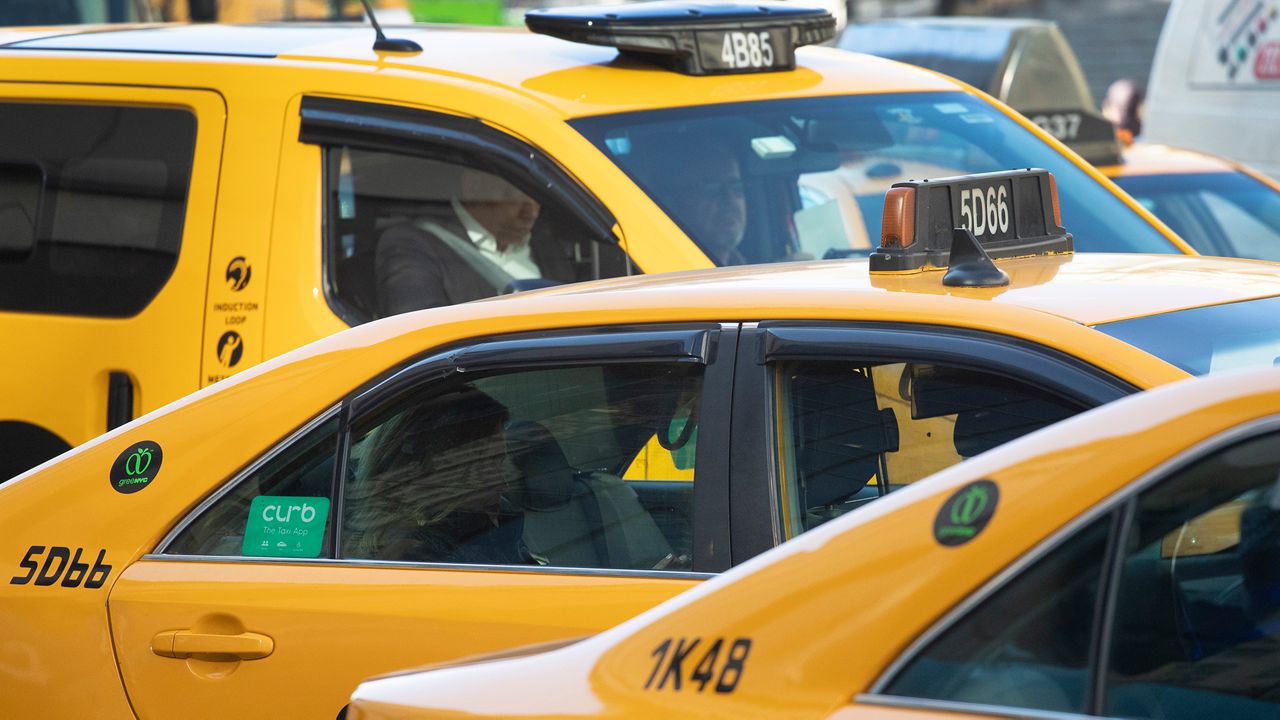Naider Henry still owes a lot of money on his taxi medallion, which lost value after the rapid growth of the for-hire vehicle industry.
Now, he has two weeks to get a new taxi.
“I owe $680,000 in that medallion,” Henry said. “And it’s hard for me to get the car right now because my bill is going to be almost $6,000 a month. And I have my life to take care.”
He is one of over 200 drivers whose medallion debt was not restructured under a deal between the city and some lenders. His taxi is also coming up on its mandatory retirement date.
With a rule that just passed by the Taxi and Limousine Commission, or TLC, all new taxis must be wheelchair accessible, or WAVs.
“There is no purpose-built wheelchair accessible taxi, so you buy a car like a Toyota Sienna. You have to get it retrofitted,” Bhairavi Desai, executive director of the New York Taxi Workers Alliance, said. “Altogether, this can cost anywhere from $70-$90,000.”
The new rule stems from a 2014 court settlement with disability groups mandating 50% of the taxi fleet be wheelchair accessible by 2020. At the time, only 2% of taxis were WAVs.
After missing two deadlines, the plaintiffs went back to court this year, and a judge set a new deadline of March 31, 2025. The TLC provides $14,000 toward a WAV, which comes from the Taxi Improvement Fund.
“The grants that the city would give are coming from a surcharge on every trip,” Desai said. “It’s never been adjusted for inflation.”
Disability advocates believe the TLC needs to help drivers.
“It’s not enough, it should be increased,” Joseph Rappaport, executive director of the Brooklyn Center for Independence of the Disabled, said. “How the TLC does that, it’s really for them to determine. But the city really has to figure it out.”
In a statement, TLC Commissioner David Do said accessibility "has always been one of our top priorities. We are exploring all options to support medallion owners through this transition period, including increasing the amount of up-front Taxi Improvement Fund payments."
Henry is now hoping he can get a hardship extension.
“If they give me an extension of six months, that gives me maybe time to see if I can find another way or some help,” he said.



